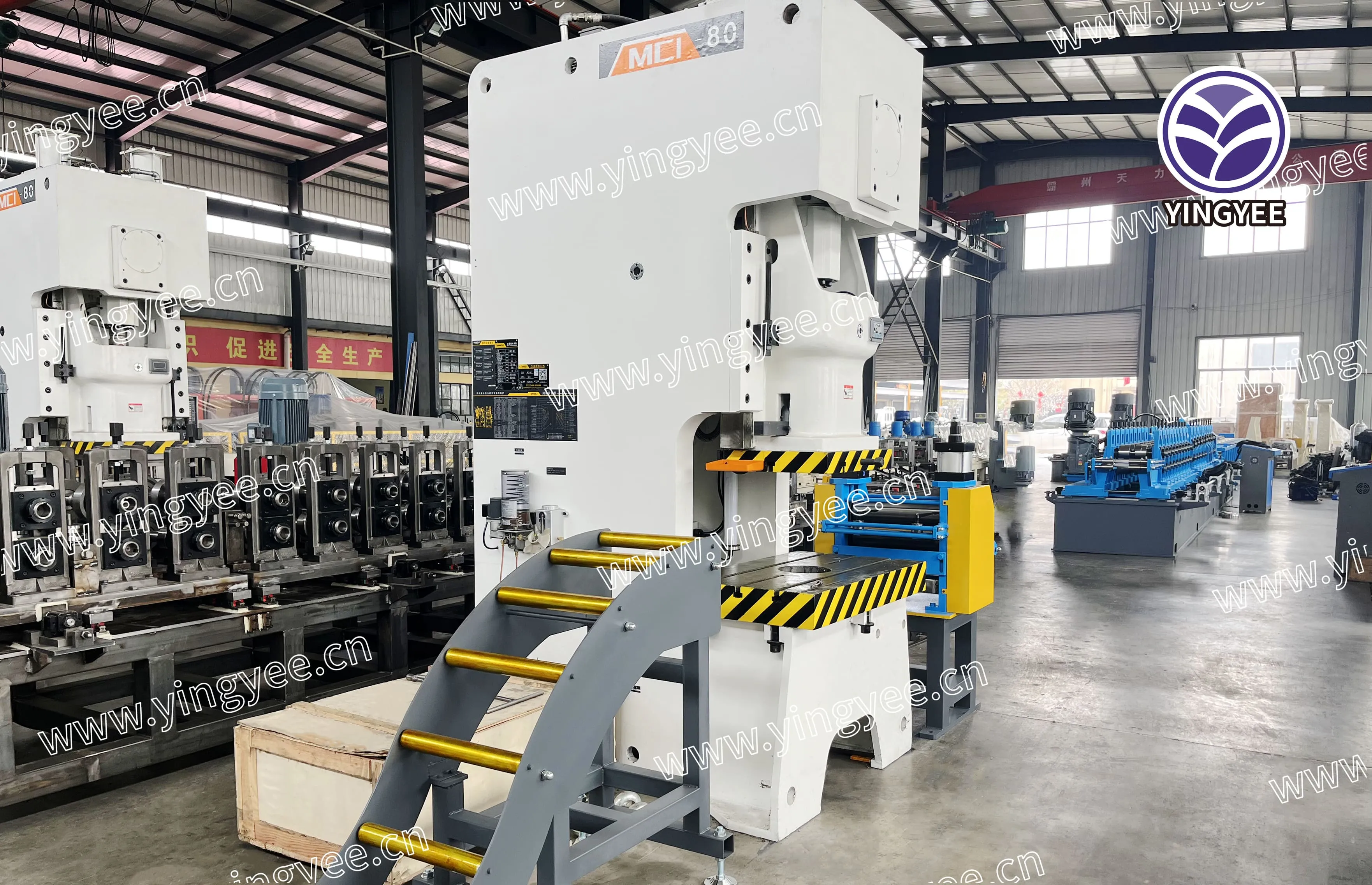
The Advancements and Applications of Forming Machines
In the realm of manufacturing and production, forming machines play a pivotal role in shaping materials to create products that we use every day. These machines are designed to deform materials—such as metals, plastics, and composites—into predetermined shapes and configurations without sacrificing material integrity. The technology behind forming machines has evolved significantly over the years, leading to increased efficiency, precision, and versatility in various industrial applications.
Understanding Forming Machines
Forming machines encompass a wide range of equipment designed for different types of forming processes, including bending, stamping, rolling, and extrusion. The primary function of these machines is to apply force to a workpiece to change its shape. Depending on the desired outcome, manufacturers can choose from various types of forming techniques, each suited for specific materials and applications.
For instance, bending machines are extensively used in metalworking. They can create bends and folds in metal sheets, allowing for the production of components such as brackets, frames, and enclosures. Similarly, stamping machines imprint designs or functional features onto materials, often used in automobile production for creating body parts. Rolling machines, on the other hand, are essential for shaping metals into sheets or coils.
Technological Innovations
The advancement in forming machine technology has been driven by the need for faster production rates, enhanced precision, and adaptability to various materials. Computer Numerical Control (CNC) technology has revolutionized the forming process, allowing for automated and programmable operations. CNC forming machines can execute complex shapes with high accuracy, reducing waste and increasing productivity.

Additionally, the integration of advanced sensors and connectivity features has led to the emergence of smart forming machines. These machines utilize real-time data analysis to monitor performance, predict maintenance needs, and optimize production processes. This shift towards Industry 4.0 not only improves operational efficiency but also minimizes downtime, allowing manufacturers to meet the always-increasing market demands.
Applications in Various Industries
Forming machines are integral to multiple sectors, including automotive, aerospace, electronics, and construction. In the automotive industry, for instance, precision-forming techniques are critical for producing high-strength components that can withstand dynamic loads and impacts. The aerospace sector demands lightweight and durable parts, calling for advanced forming techniques to ensure structural integrity while minimizing weight.
In electronics, forming machines are used to create intricate components such as connectors and circuit boards, where precision is paramount. The construction industry also benefits from forming machines, particularly in producing steel beams and reinforcing bars that are fundamental to structural frameworks.
Conclusion
As technology continues to advance, the future of forming machines looks promising. Innovations in materials science and automation will likely lead to even more efficient and versatile forming processes. Investing in state-of-the-art forming machinery will enable manufacturers to stay competitive in an increasingly globalized market. By embracing these advancements, industries can enhance productivity, reduce production costs, and improve the quality of their finished products.
In summary, forming machines are at the heart of modern manufacturing, enabling the transformation of raw materials into finished goods with precision and efficiency. Their ongoing evolution not only shapes our industrial landscape but also drives innovation across various sectors, ultimately impacting our daily lives. As we look ahead, it is clear that forming machines will continue to play a critical role in shaping the products of tomorrow.